#1 Trick to Feel Full While Eating Food You Love, According to a Nutritionist
Steph Grasso, MS, RD (@stephgrassdietician) is a nutritionist with 2.2 million followers on TikTok. She regularly shares content about how to stay healthy, lose weight, and build muscle without depriving your body of what it needs. In one of her viral videos, she explains why having a balanced diet and not seriously restricting yourself from certain types of food is key not only for losing weight but your mental health. We also asked The Diet Diva, Tara Collingwood, MS, RDN, CSSD, LD/N, ACSM-CPT, and a Board Certified Sports Dietitian, to weigh in.
Why You Need to Eat Carbs and Protein
@stephgrassodietitian How I established a healthy relationship with food. Why restrict your favorite foods when you can just add more nutrients?! Best of both worlds 🫶🏼 #dietitian #nutrition #healthyrelationshipwithfood #add #macncheese #healthtips ♬ original sound – Steph Grasso, MS, RD
Steph starts by explaining how carbs and protein are important. "If you eat carbs, you'll feel energized. If you eat protein, you'll feel satisfied. If you eat protein and carbs, you'll feel satisfied and energized," she starts off the video by saying.
Why You Should Add Fiber
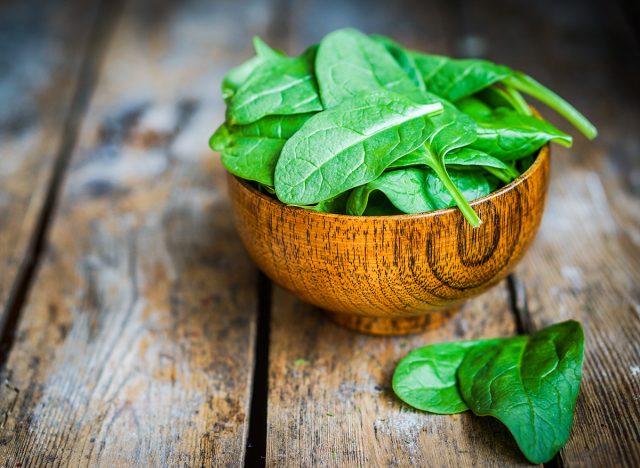
Next, she illustrates the importance of adding fiber to the mix. "If you eat fiber, you'll feel full. If you eat fiber, protein, and carbs, you'll feel full, satisfied, and energized," she continues.
Related: 5 Cardio Workouts That Are Better Than Running
Fats Are Also Important, She Says
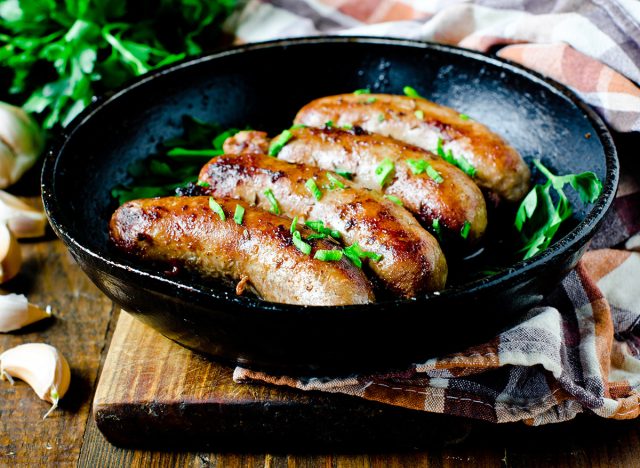
Don't overlook the benefits of fat, she stresses. "If you eat fats, you'll have stable energy levels. If you eat fats, fiber, protein, and carbs, you'll have stable energy levels, feel full, feel satisfied, and feel energized," she adds.
Here Is Why You Should Eat What You Are Craving
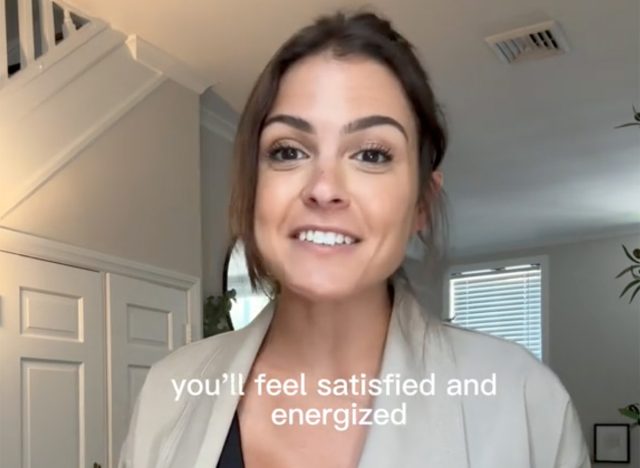
"If you eat what you're craving, you'll feel happy. If you're eating what you're craving, fats, fiber, protein, and carbs, then you'll feel happy, you'll have stable energy levels, you'll feel full, you'll feel satisfied, and you'll feel energized," she says.
Start Adding, Stop Restricting
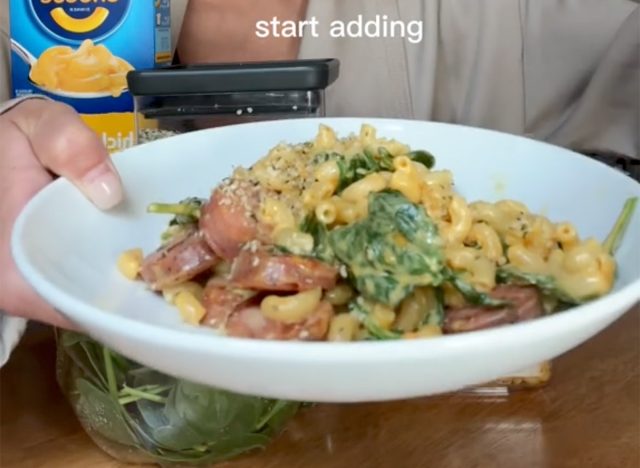
The bottom line and moral of the story? "Start adding. Stop restricting," she concludes.
Related: 12 Tips to Maintain Weight Loss After Using Ozempic and GLP-1 Medications
RDN Agrees
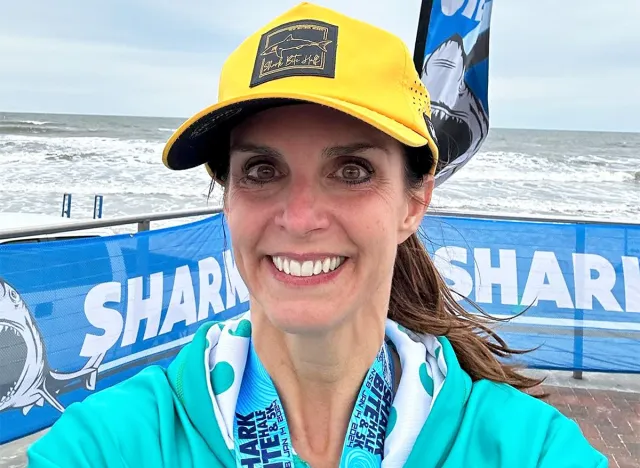
Collingwood is completely on board with her advice. "I love this," she says. "Every part of it is absolutely true. Carbs are energy, fat and protein sustain and provide stability and fiber fills. Depriving leaves you unhappy so eat what you're craving but just stick to moderation."
💪🔥Body Booster: Instead of restricting yourself from carbs, protein, fiber, fats, and foods you are craving, think about how each of them can benefit your health and choose accordingly.





